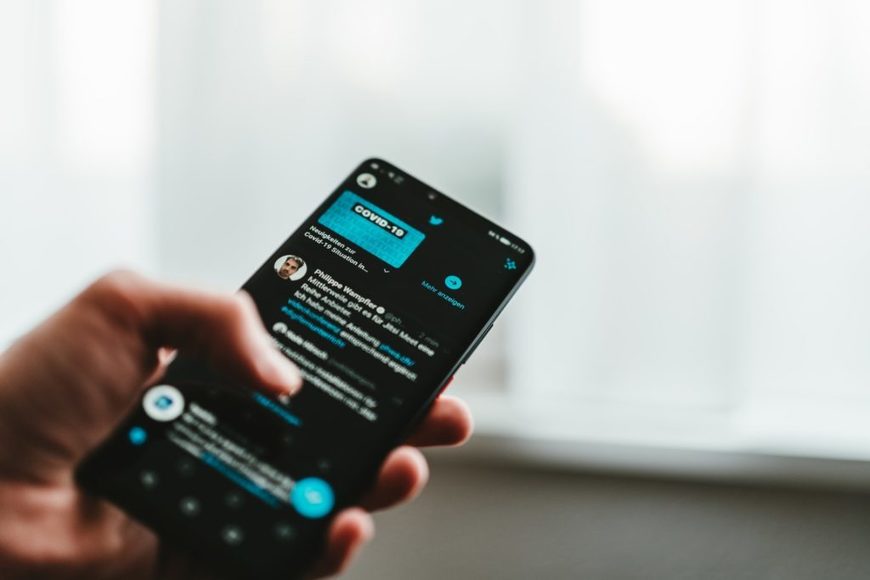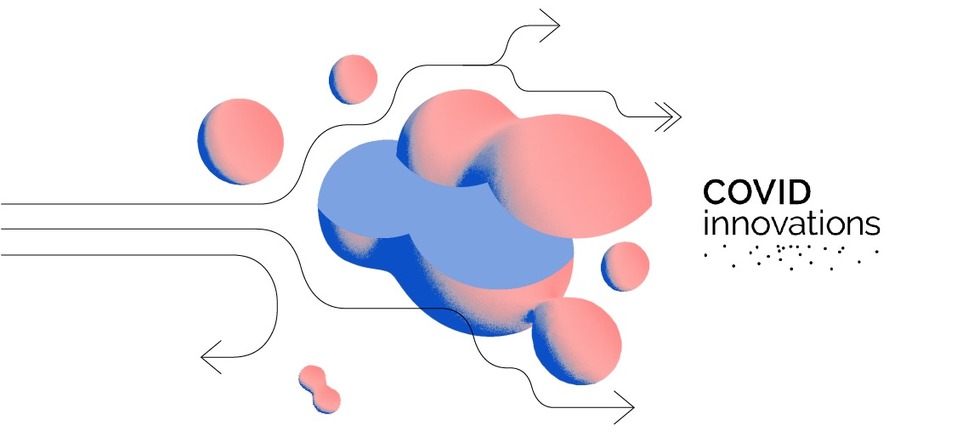Scoop.it
30/04/2020
Severe acute respiratory syndrome coronavirus 2 (SARS-CoV-2) continues to test the
capacity of world health systems. Since the outbreak started, the global community
has learned about coronavirus disease 2019 (COVID-19), the disease resulting from
SARS-CoV-2. In the first few weeks of the pandemic, knowledge about the disease and
its treatment was generated from sharing of anecdotal observations and small case
series. Although health-care professionals use modern technology to communicate, never
before has the failure to build robust data-sharing systems for large-scale near real-time
analysis in health care been more obvious.
Source: www.thelancet.com
30/04/2020
This paper discusses patterns of public health misinformation observed during infectious disease epidemics. Specifically we group epidemic-related misinformation into four categories: transmission,
Source: misinforeview.hks.harvard.edu
30/04/2020
Le Covid19 aura fait le succès de la téléconsultation. Ce nouveau mode d’exercice, qui peinait à décoller avant l’épidémie de Covid19, explose actuellement, comme le révèlent les données de la plateforme Doctolib, Depuis le début de l’épidémie le nombre de téléconsultations sur Doctolib est de l’ordre de 2,5 millions. Dans le détail ce sont 31 000 médecins qui proposent désormais des téléconsultations via Doctolib et 833 000 patients ont effectué au moins une téléconsultation vidéo via le site ou l’application au cours des 5 dernières semaines.
Source: www.whatsupdoc-lemag.fr
30/04/2020
We are tracking meaningful COVID-related innovations from around the world. Our database contains 500+ innovations and counting. Segmented by industry. Use it, share it.
Source: www.covidinnovations.com




